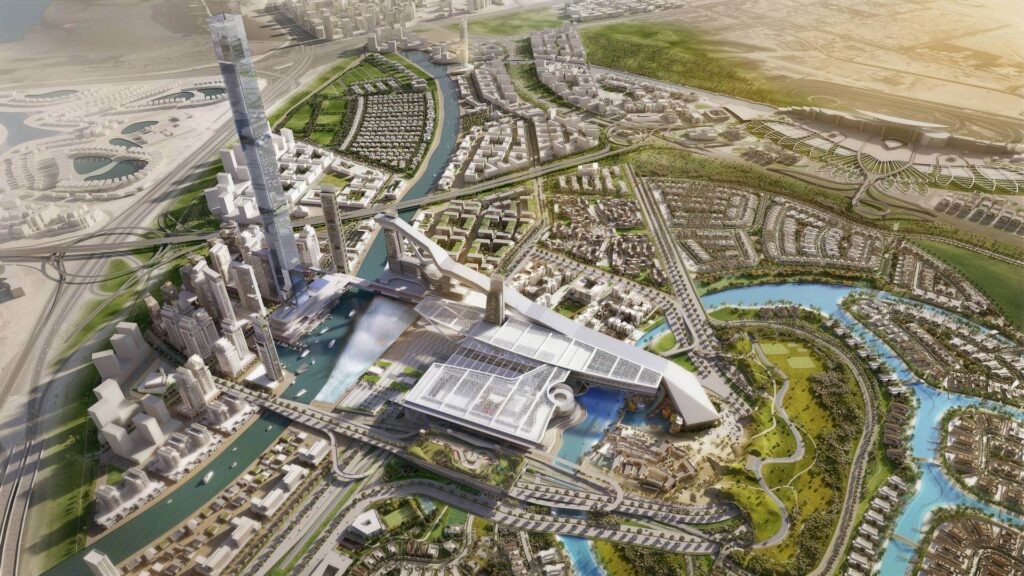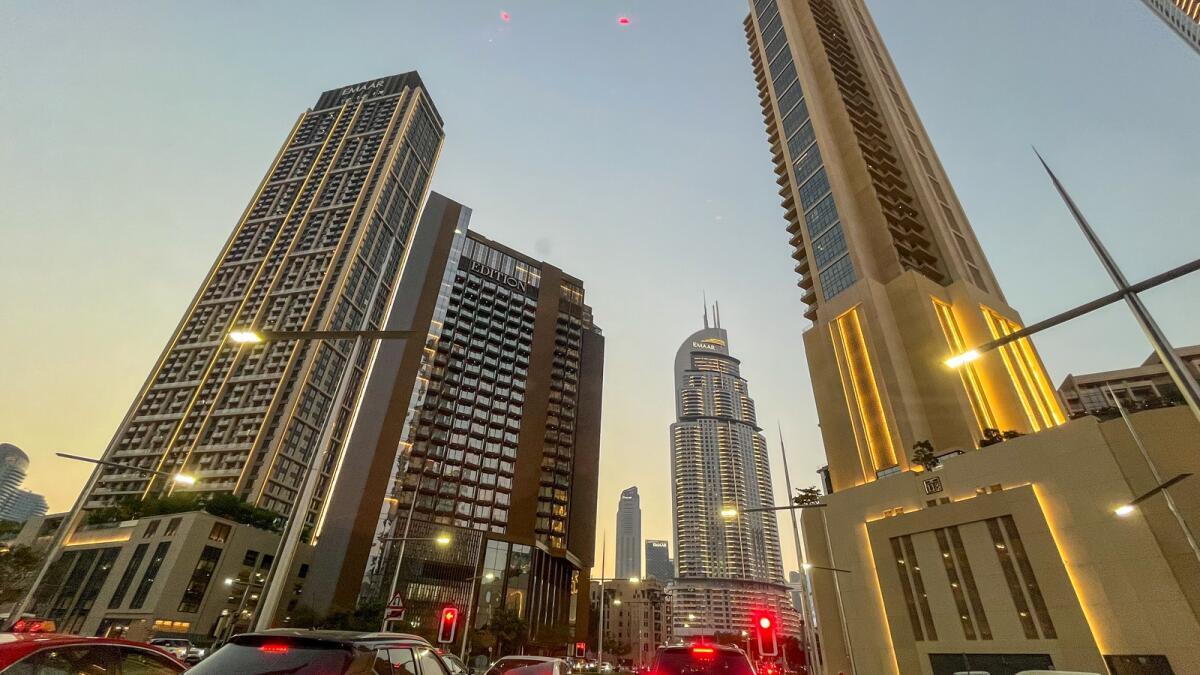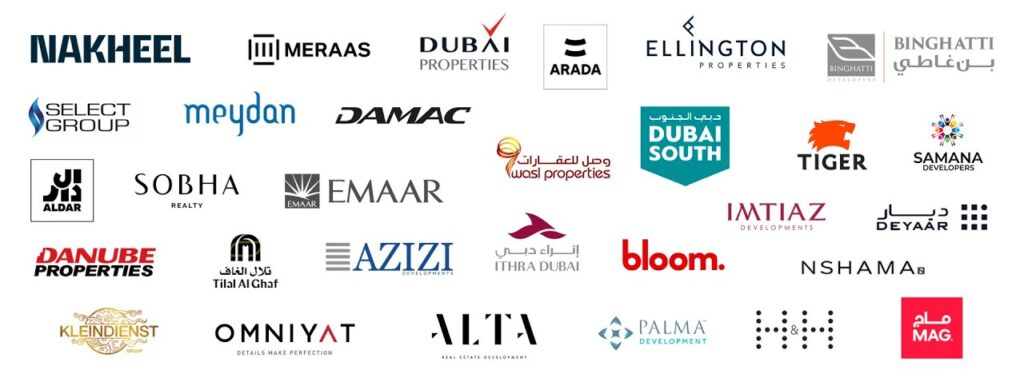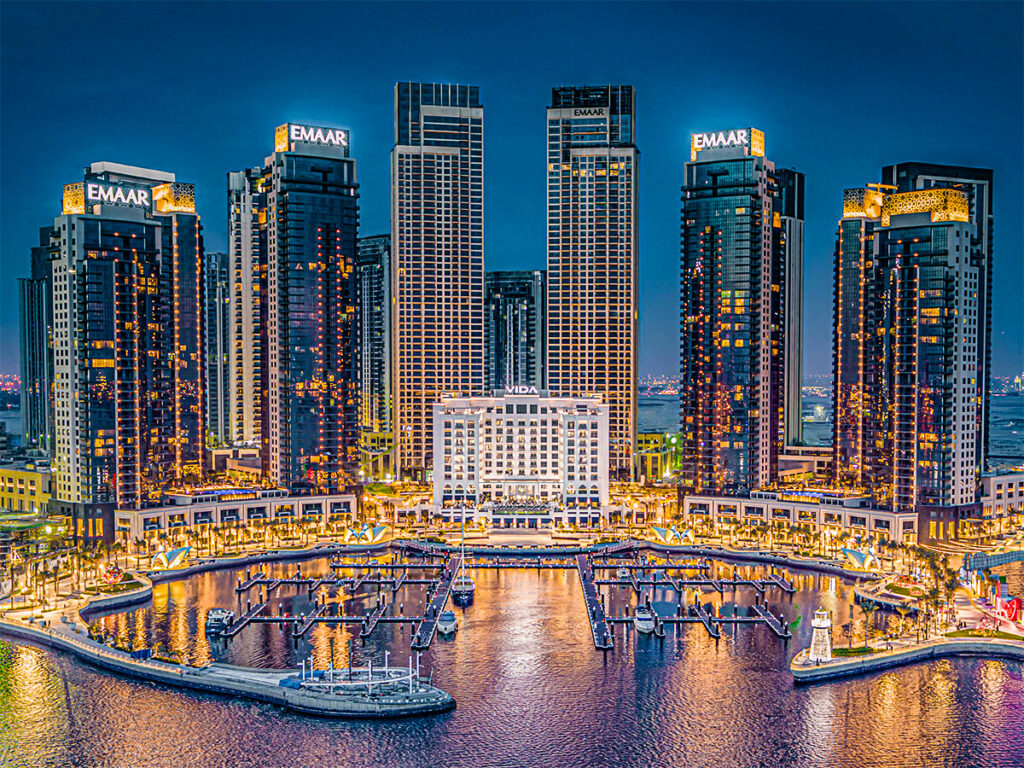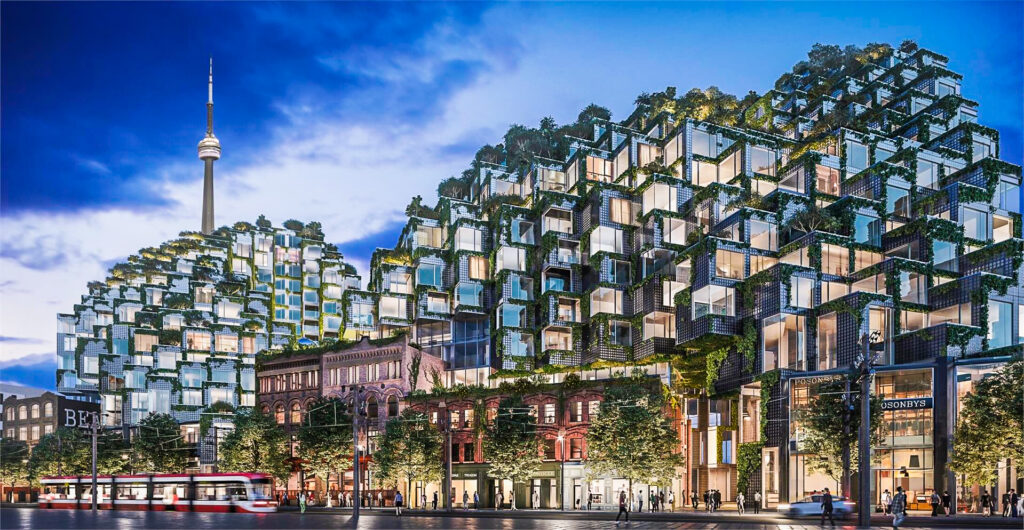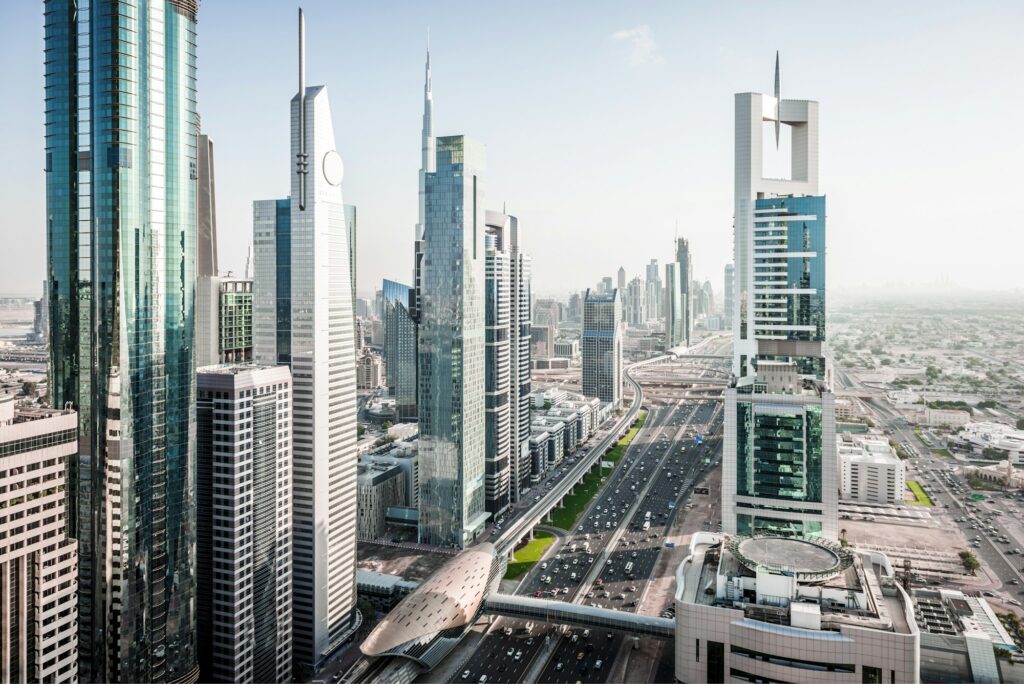Dubai's real estate market has proven to be remarkably resilient in the face of economic challenges, with residential property transactions reaching a total value of Dh72.5 billion in the first nine months of 2021. Despite the ongoing impact of the Covid-19 pandemic, Dubai's real estate sector has continued to attract strong investor interest, with both off-plan and ready properties seeing increased demand. The city's reputation as a safe haven for investment, combined with its attractive property prices and high rental yields, has made it an appealing destination for both local and international buyers.
One of the key factors driving this growth is Dubai's proactive response to the challenges posed by the pandemic, with the government implementing a range of stimulus measures to support the real estate sector. These initiatives include the launch of the "Retire in Dubai" program, which offers long-term visas to overseas retirees looking to invest in the city's property market. In addition, the UAE's decision to grant citizenship to select foreign nationals has further boosted investor confidence, leading to an increase in luxury property sales.
The demand for residential properties in Dubai has also been fueled by a shift in buyer preferences, with larger, more spacious homes becoming increasingly popular in the wake of the pandemic. This trend has been particularly evident in the villa and townhouse segment, where sales have seen a significant uptick in recent months. Similarly, the demand for luxury apartments has remained strong, with buyers drawn to the city's high-end residential developments and world-class amenities.
Another driving force behind Dubai's real estate resilience is the city's robust regulatory framework, which has helped to safeguard investor interests and maintain market stability. The Real Estate Regulatory Agency (RERA) has played a key role in this regard, implementing strict guidelines to protect buyers and ensure transparency in property transactions. These measures have helped to build trust among investors and have contributed to the overall confidence in Dubai's real estate market.
In addition to the residential sector, Dubai's commercial real estate market has also shown signs of recovery, with office rents stabilizing and new leasing activity picking up. The city's status as a regional business hub, combined with its advanced infrastructure and business-friendly environment, has continued to attract international companies looking to establish a presence in the Middle East. This increased demand for office space has had a positive impact on the overall real estate market, further underscoring Dubai's economic resilience.
Looking ahead, industry experts remain cautiously optimistic about the future of Dubai's real estate market, citing a number of factors that are likely to drive continued growth in the coming months. These include the city's successful vaccination campaign, which has helped to reduce the spread of the virus and boost consumer confidence, as well as the upcoming Expo 2020 event, which is expected to attract a large number of visitors and boost economic activity.
Overall, Dubai's real estate sector has weathered the storm of the Covid-19 pandemic with remarkable resilience, demonstrating its ability to adapt to changing market conditions and emerge stronger than before. With a range of government initiatives, shifting buyer preferences, and a robust regulatory framework in place, the city's property market is well positioned for continued growth and success in the years to come.
